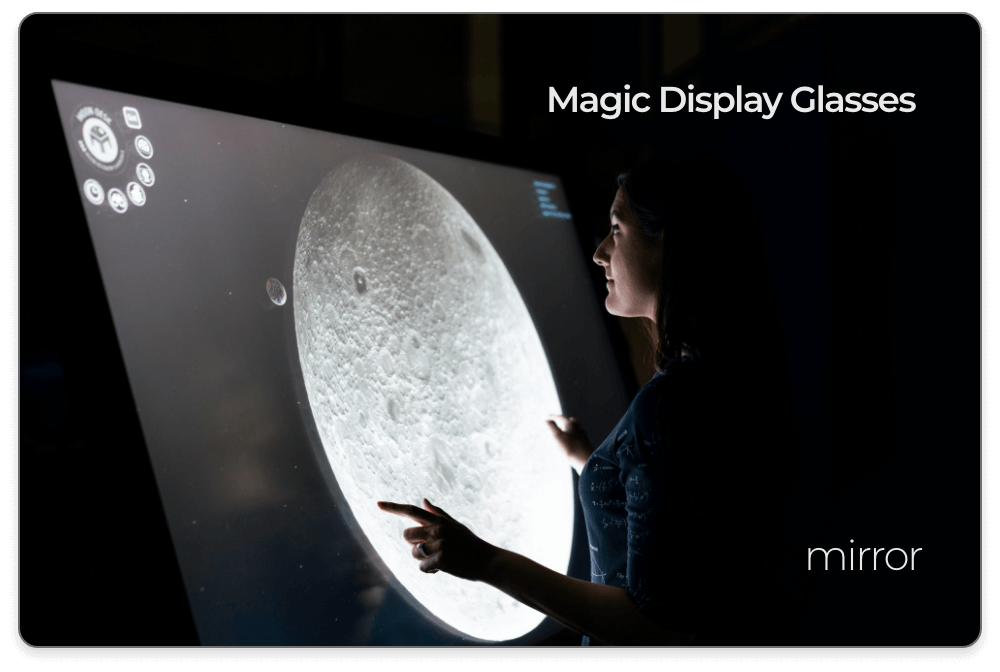In the rapidly evolving landscape of technology, artificial intelligence (AI) has emerged as a transformative force, particularly within the realm of software development and operations, commonly referred to as DevOps. The fusion of AI and DevOps, often termed AI DevOps automation, offers a broad spectrum of advancements that enhance efficiency, speed, and accuracy in the software development lifecycle. This article seeks to explore the implications of AI DevOps automation, delve into the rising trend of AI-driven robotic workforces, and introduce innovative solutions like DeepSeek for AI content discovery.
.
The traditional DevOps framework emphasizes collaboration between development and operations teams to simplify and streamline the software delivery and management process. However, the growing complexity and demands of modern software environments necessitate innovative solutions. AI DevOps automation integrates intelligent algorithms and machine learning capabilities into DevOps practices, enabling teams to automate tasks that previously required significant human intervention.
.
One of the principal advantages of AI DevOps automation is its capacity to enhance continuous integration and continuous deployment (CI/CD) processes. AI algorithms can analyze vast datasets, predict potential bottlenecks, and recommend optimal testing strategies, thereby reducing the time required for development and deployment. For instance, AI-driven insights can inform developers about code vulnerabilities, which can be remediated during the development phase rather than post-deployment, ultimately leading to more secure and resilient applications.
.
In the context of monitoring and incident response, AI DevOps automation utilizes machine learning models to preemptively identify issues and provide real-time alerts. By analyzing historical data, AI systems can recognize patterns associated with failures or performance degradation and notify the operations team before these incidents escalate. This proactive approach enhances system reliability and reduces downtime, which is critical for businesses striving for uninterrupted service delivery.
.
As businesses race to adopt more efficient operational strategies, the emergence of AI-driven robotic workforces has also gained momentum. Robotic Process Automation (RPA) and AI-driven tools can perform repetitive and mundane tasks, enabling human employees to focus on higher-value activities that require creativity and strategic thinking. This shift not only improves productivity but also elevates employee satisfaction, as workers can engage in more meaningful work rather than being bogged down by routine tasks.
.
AI-driven robotic workforces can seamlessly integrate into various aspects of the DevOps lifecycle. For example, in the initial phases of software testing, robotic tools can execute regressive and exploratory tests, ensuring maximum coverage and consistency. This implementation significantly enhances testing speeds – mitigating concerns of deployment delays associated with traditional testing methods. Thus, organizations can deliver superior products to the market more efficiently.
.
Furthermore, AI technologies significantly enrich data discovery and management. One notable solution gaining traction is DeepSeek for AI content discovery. DeepSeek utilizes advanced algorithms to traverse vast information landscapes, effectively retrieving contextually relevant content and insights at unprecedented speeds. This capability can be especially beneficial in complex environments where teams need to stay updated on industry trends, regulatory changes, or emerging threats.
.
The underlying technology of DeepSeek employs natural language processing (NLP) and advanced search algorithms to sift through massive datasets, identifying valuable content that may otherwise remain obscured. Developers and operations teams can harness these insights to refine their approaches, ensuring that their strategies are not only up to date but are also proactively aligned with industry innovations and best practices.
.
As businesses increasingly embrace digital transformation, the need for effective AI-driven content discovery tools will likely grow. Organizations must remain well-informed about technology trends and market dynamics to remain competitive. By implementing solutions like DeepSeek, teams can accelerate their decision-making processes, gaining insights that promote innovation and expedite product development cycles.
.
While the integration of AI DevOps automation and AI-driven robotic workforces provides immense benefits, it is essential to address the challenges and limitations that accompany these advancements. Implementing AI solutions requires a cultural shift within organizations, fostering an environment that embraces technology and encourages continuous learning. Furthermore, as organizations become more reliant on AI, they must grapple with ethical considerations, such as data privacy and algorithmic bias, ensuring that their technologies serve the interests of all stakeholders.
.
Moreover, the successful integration of AI tools into existing DevOps practices requires a well-defined strategy. Organizations must assess their specific needs and tailor their adoption frameworks accordingly. A phased approach, beginning with pilot programs that allow teams to gain familiarity with new tools and technologies, can pave the way for more extensive rollouts. Allocating time for training and development ensures that employees are equipped with the skills necessary to leverage AI effectively.
.
As AI continues to take center stage in driving innovations within the software development industry, ongoing vigilance is essential. Regular assessments of AI systems will help organizations understand their performance, enabling adjustments that enhance efficiency and align with business objectives. Furthermore, establishing collaboration between cross-functional teams will ensure that the implementation of AI DevOps automation, as well as AI-driven robotic workforces, occurs smoothly across all sections of the organization.
.
In conclusion, the advent of AI DevOps automation and AI-driven robotic workforces signifies a paradigm shift in software development and operations. By leveraging cutting-edge technologies to streamline processes and enhance productivity, organizations are positioned to achieve greater operational efficiency and competitiveness in a digital landscape. Utilizing innovative solutions like DeepSeek for AI content discovery fosters the knowledge and adaptability essential for navigating the complexities of modern software environments. As organizations embrace these advancements, they will not only optimize their DevOps practices but also pave the way for a future marked by increased innovation and success.
.
With the potential for AI technologies to revolutionize the software development lifecycle, stakeholders across industries must stay abreast of new trends and actively seek ways to integrate AI into their practices. It is an exciting time for DevOps, with AI poised to reshape industry standards and expectations for years to come.
**
